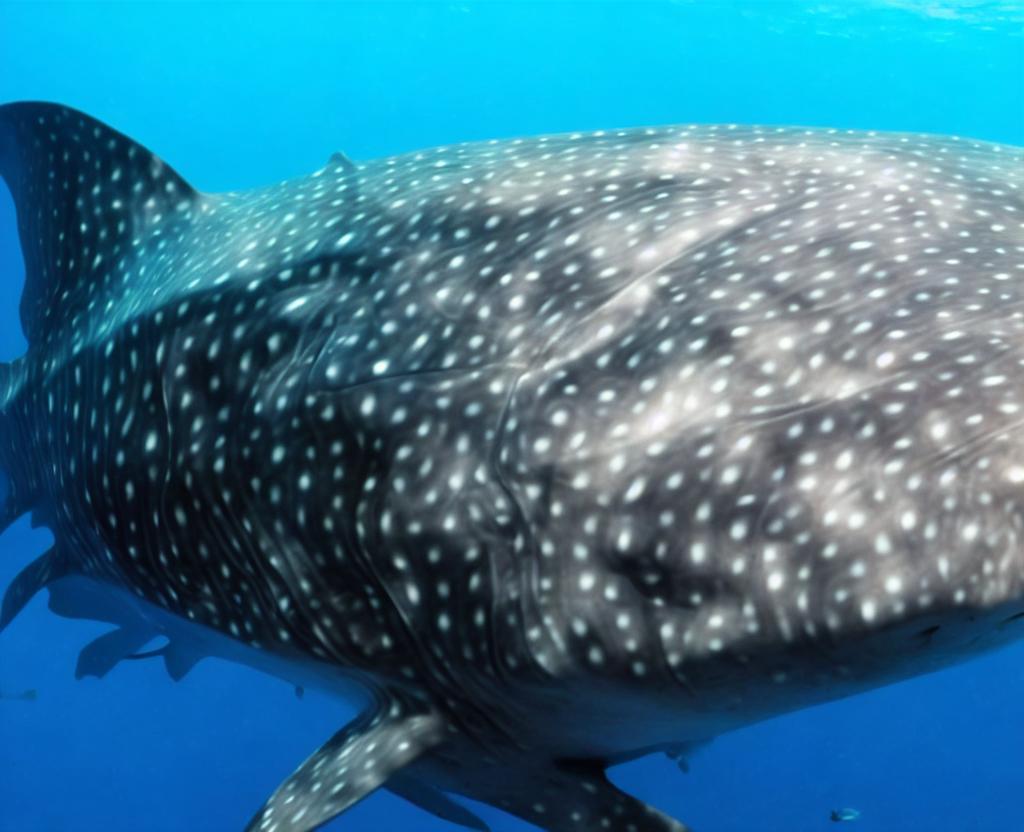
International Whale Shark Day
The International Whale Shark Day, which takes place on August 30th, aims to raise concerns about this dazzling sea-dwelling creature. The whale shark's decreasing numbers alert us that we must protect and conserve. These gentle giants fascinate marine biologists and aquatic enthusiasts alike.
You know about whales and sharks, and you should know about sharks. You should know about whales and sharks. But have you heard of the whale shark? Whale sharks are a species of filter-feeding carpet shark. They are a species of filter-feeding whale. Despite their size, they are still considered gentle giants.
Whale shark facts:
- The whale shark, which weighs in at over 20 tons, is the largest fish in the sea
- A whale shark lives an average of 70 years
- Some whale sharks can reach over 32 feet long. Some whale sharks can reach over 32 feet long
- These little guys are about the same as a bus and are about the same as a bus
- The whale shark's habitat is found in tropical waters around the world
- Whale sharks are carnivores, but their teeth are only 6 mm long
- Whale sharks each have a unique skin color, similar to human fingerprints
Whale sharks are remarkably graceful. They are unfortunately becoming endangered. Whale sharks are one of the world's most endangered marine species, according to the International Union for Conservation of Nature (IUCN).
In 2016, the IUCN reclassified the whale shark from a vulnerable to an endangered species. Nobody knows the exact population of the whale shark. According to some estimates, there are only tens of thousands around the world. The decline in numbers is mainly due to illegal fishing, getting stuck in fishing gear, and colliding with boats, which are all typical reasons for the decline in numbers. Since whale sharks move slowly, they're often captured. Products made from whale sharks are in high demand in certain regions of the world, such as Asia.
Plastic is another threat to whale sharks. Waste plastics from landfills makes its way to the oceans. Plastics are ingestible by a whale shark feeding close to the surface. This garbage is deposited in the digestive tract. When this happens, a whale shark can no longer eat. The large fish dies after being starving to death.
All of these factors contribute to the whale shark's endangered status and the need to protect them.
How to celebrate #internationalwhalesharkday. harkday
Learn more about this sea creature in order to celebrate International Whale Shark Day. You could also support an organization that helps protect the whale shark. Plastic Oceans, Sea Shepherd Conservations Society, Cousteau Divers, and Plastic Oceans are among the Sea Shepherd Conservation Society's notable groups. These organizations also have great ways to get involved. These organizations also have helpful ways to get involved. While visiting the pages, learn more about this amazing creature and what's being done to protect them.
Try to minimize your plastic use and never throw them into a body of water. Be sure to recycle plastic if you do use plastic. If you do use plastic, be sure to recycle it.
Whale sharks are a hit on the internet. There are some amazing whale shark pictures on the internet. Why not post a picture on social media rather than posting it on social media? When doing so, don't forget to use #InternationalWhaleSharkDay.org
The international whale shark day celebrations have a long tradition in the United States
Over 40 whale experts and ocean campaigners announced August 30th International Whale Day at the International Whale Shark Conference in 2008 in Isla Holbox, Isla Holbox. Since then, the day has continued to inform the world about the whale's decreasing numbers.





